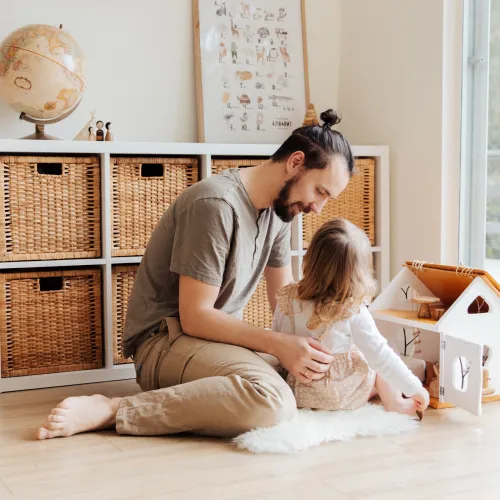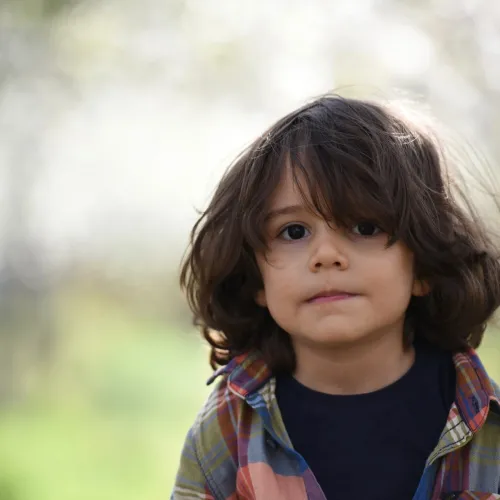Querida Marsha: Cómo lidiar con los comportamientos negativos en la crianza compartida

¿Qué consejo le darías sobre cómo manejar la crianza compartida cuando el comportamiento del otro padre es vengativo?
No estoy segura de tener suficiente información para responder completamente a tu pregunta. Un padre vengativo/una madre vengativa puede significar muchas cosas. Pueden ser vengativos hacia ti (el otro padre) con el objetivo de hacerte la vida miserable. O podrían ser vengativos de maneras que pongan a sus hijos en medio del conflicto, o peor, lastimar a los niños.
Cada vez que el otro padre está continuamente socavando o menospreciando, entonces la co-crianza se desanima. Puede, en cambio, apuntar a la "crianza paralela". Lo que eso significa es que cada padre criá a sus hijos con pocas anteposiciones de reglas, responsabilidades o contacto, para lidiar entre sí solo cuando sea necesario. Si su hijo es mayor de tres años de edad, dicha crianza paralela puede funcionar satisfactoriamente para todos los involucrados.
More to consider
This question is more of a problem than a question because vindictive co-parents make it difficult—if not impossible—to co-parent. They distort the very meaning of co-parenting, which is to act as a team for the good of your child. Co-parenting means to share information and behave in ways that make your child feel loved and valued between you in spite of the separation. However, many parents who are hurt and angry from the separation or divorce act spitefully to hurt the other parent.
Despite everything, you must try your best to keep your head held high; that means to continue to act politely while keeping distance. It means to respond with decency when treated poorly. Your child will appreciate it and find living with separated parents easier. Then, (s)he won’t need to put so much energy into fixing things between you, and that energy can go where it belongs: into the child’s own activities and growing up.
Additionally, you will not be eaten up by your own anger, which is what vindictive persons try to do. They pull you down with them into the swamp of anger where you can wallow in it together, and they feel they are justified in doing so. They feel grimly happy that you are hurt, too, but it doesn’t make anything better between you. And if you don’t play, like a tennis game in which the ball is never returned, the game ends much faster.
Try these techniques:
- Do not correspond directly with each other except when it is necessary. Use OurFamilyWizard's tools to maintain distance.
- Do as much parallel parenting as possible, in which you each manage your own parenting time with little to no contact with each other. Don’t give the other parent too many opportunities to be vindictive.
- When you have to talk or share information, always do it in a polite and timely way. Keep a business-like tone and share only what is necessary about your child. Refuse to engage in emotional discussion about your life or the other parent’s.
- Do not let yourself get so frustrated that you act as badly as the other parent. Instead, take the high road. Hold your head up. Show your child that you wish no ill to the other parent, you will not be bullied or play along.
- When the other parent messes up something for you or your child, explain simply that “(s)he does that” because (s)he’s upset and you are sorry that (s)he does not realize that how (s)he’s acting won’t make the situation better. And you will continue to show her the respect that as your child’s other parent, (s)he deserves.
Haga esta encuesta de crianza compartida & envíe sus preguntas para Marsha
Ayude a la Dra. Marsha Kline Pruett con su investigación sobre cómo es la crianza compartida entre diferentes familias al completar esta encuesta. Todos los envíos son completamente anónimos.








